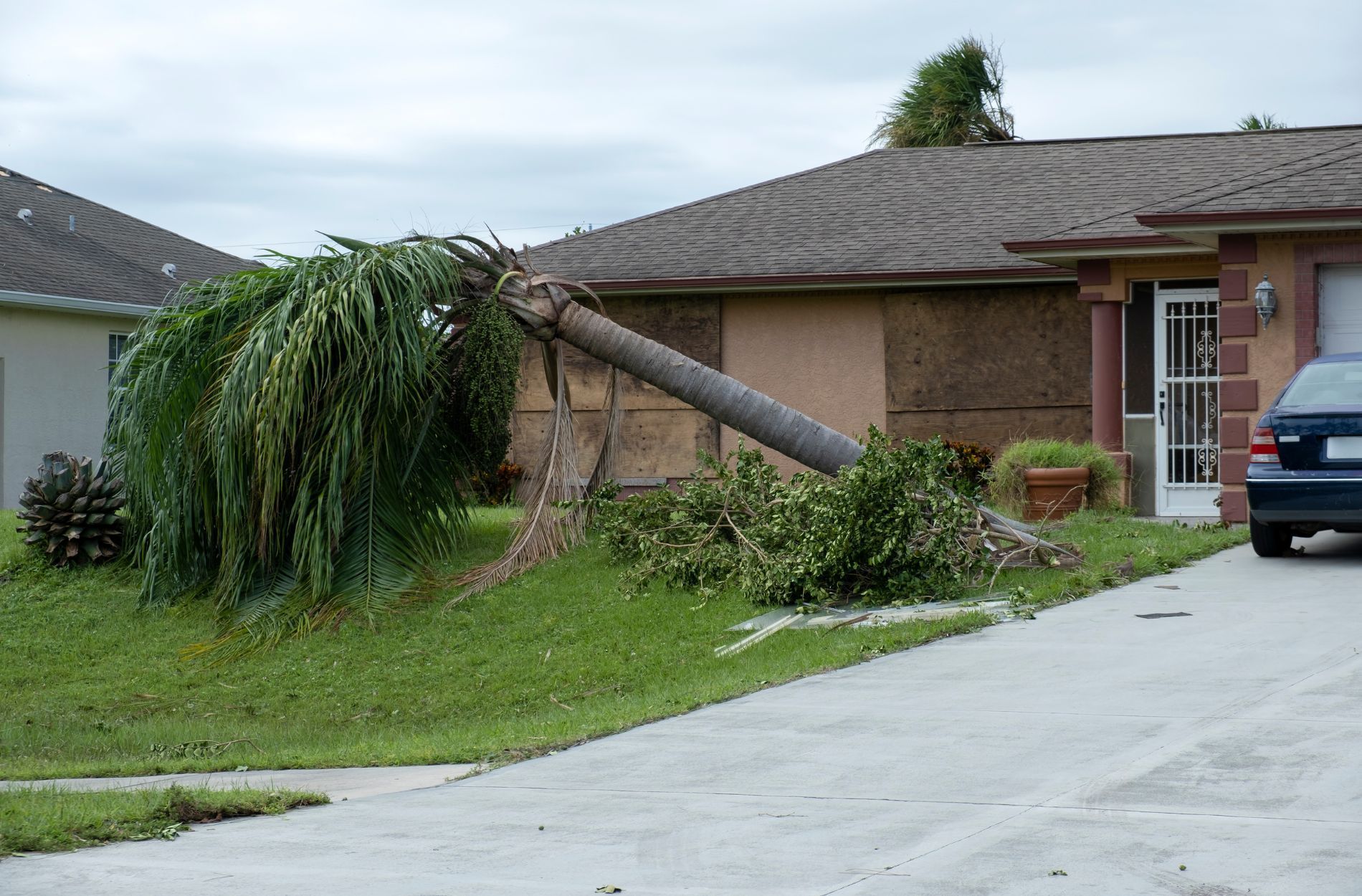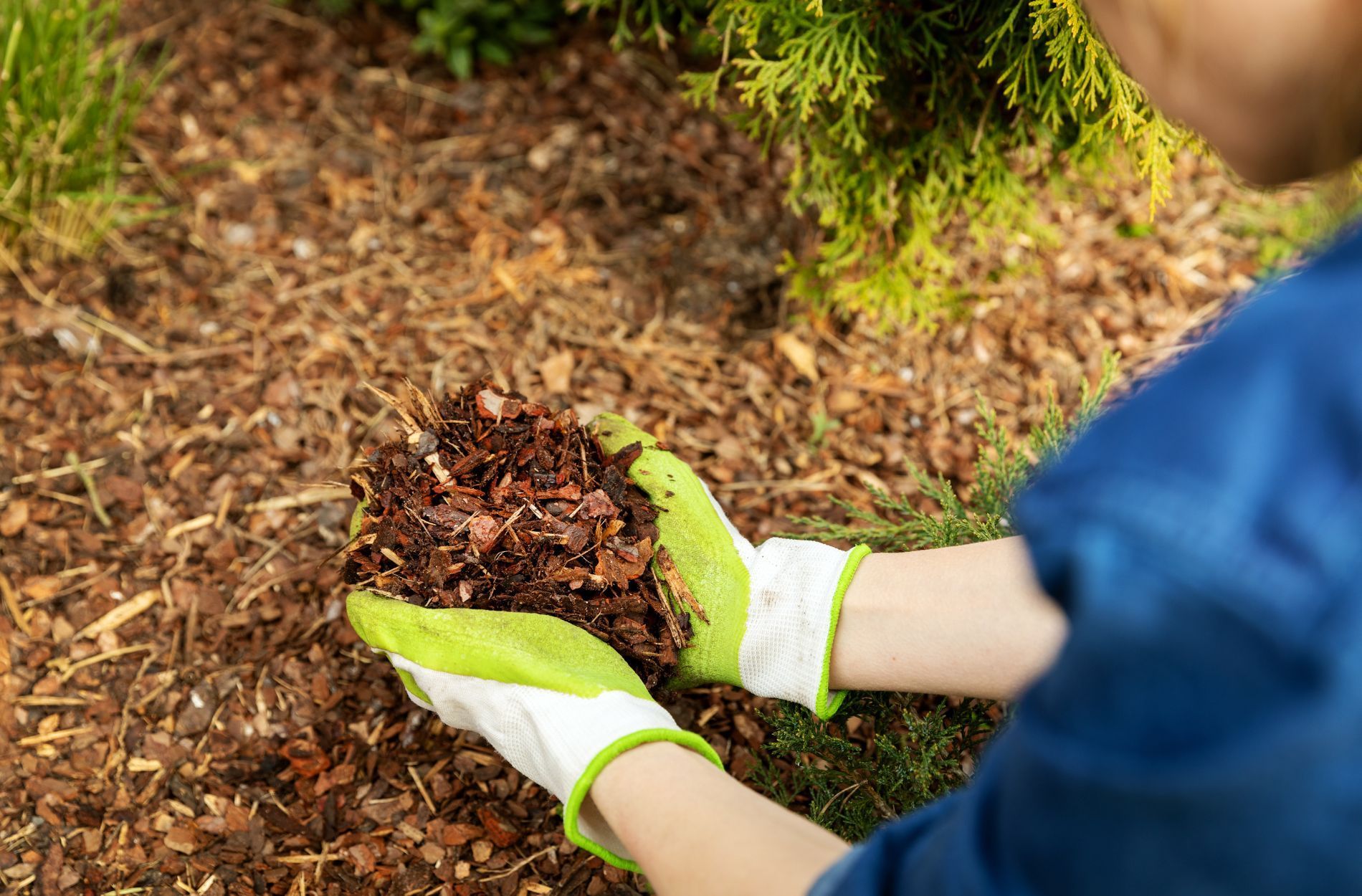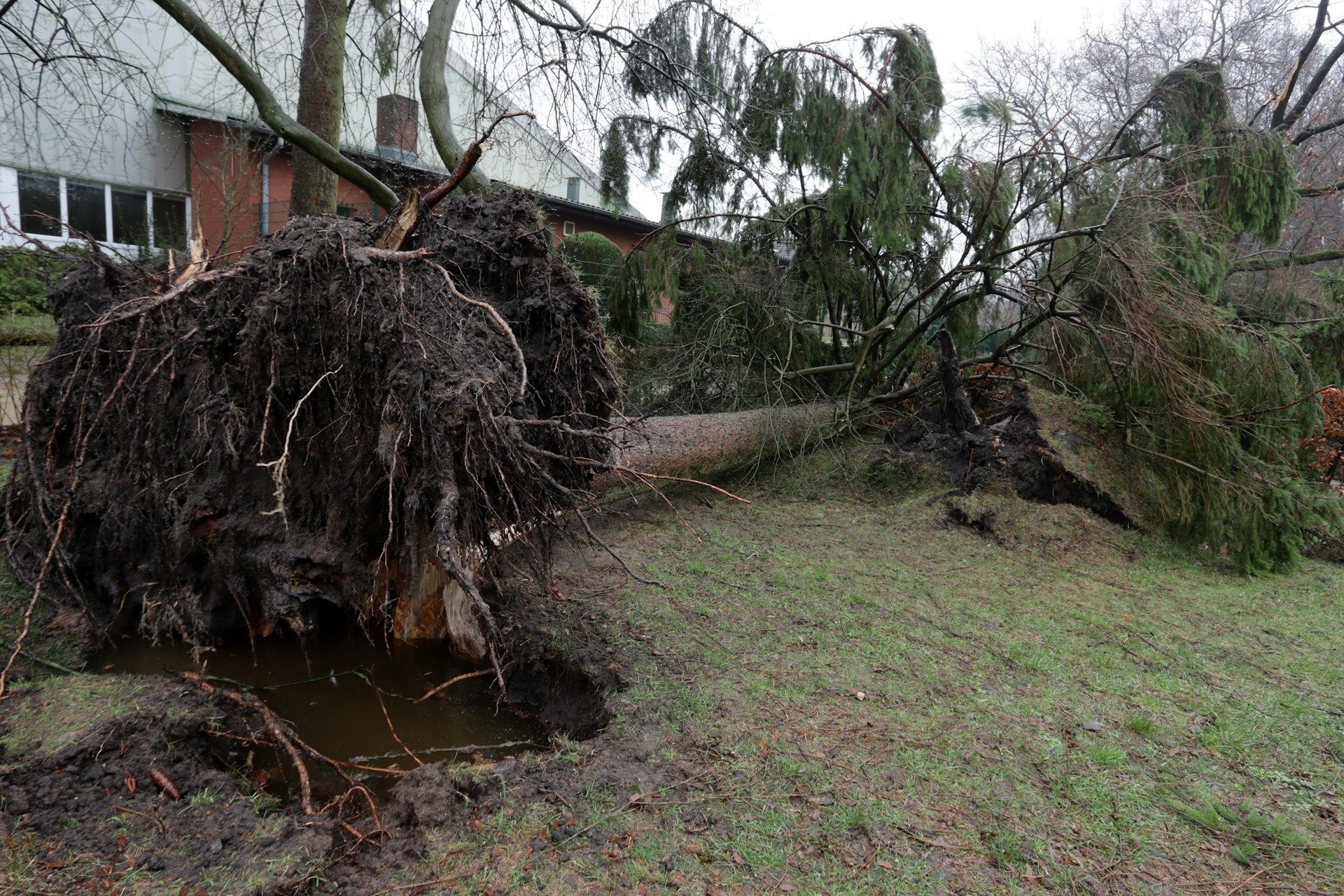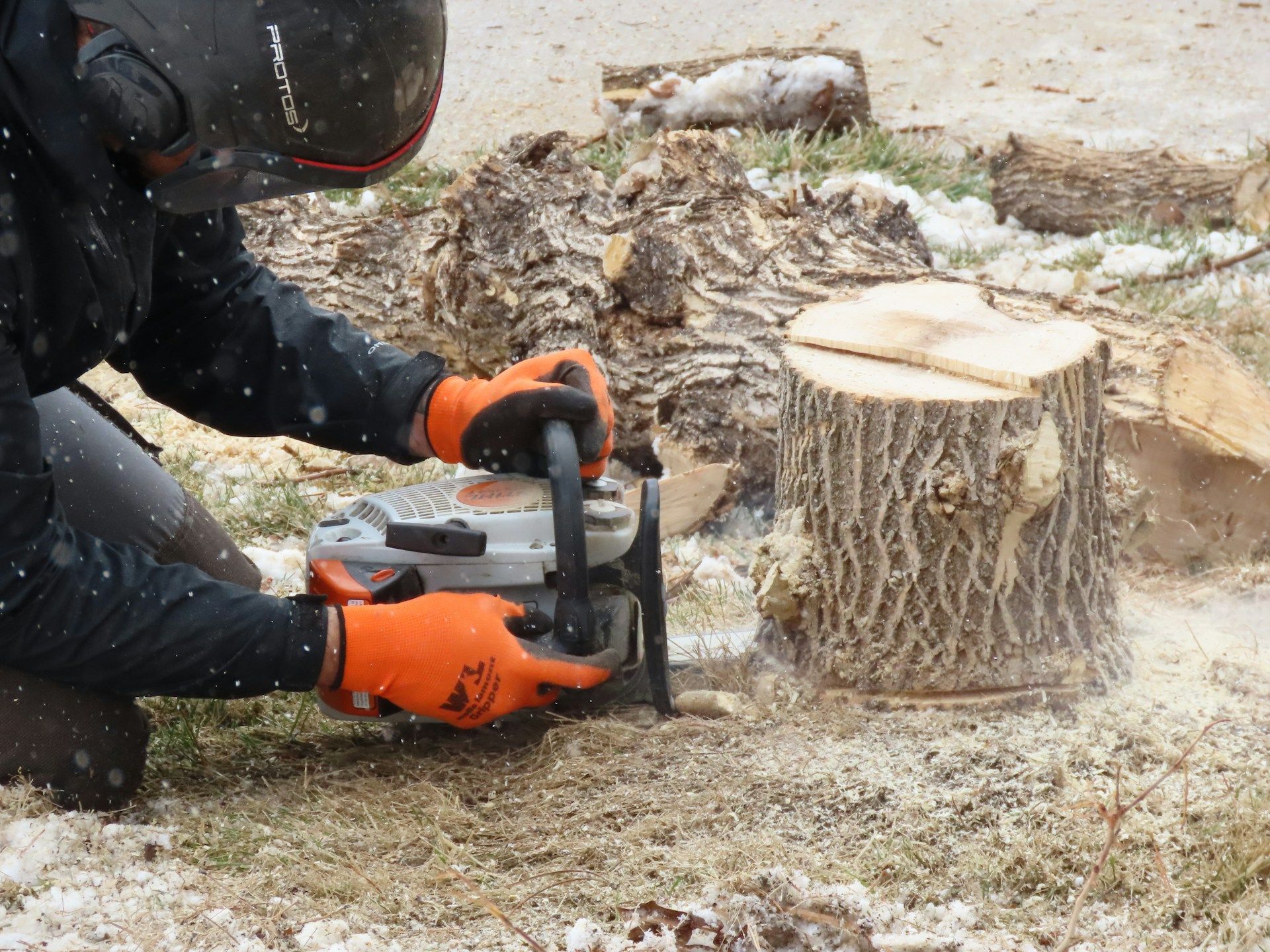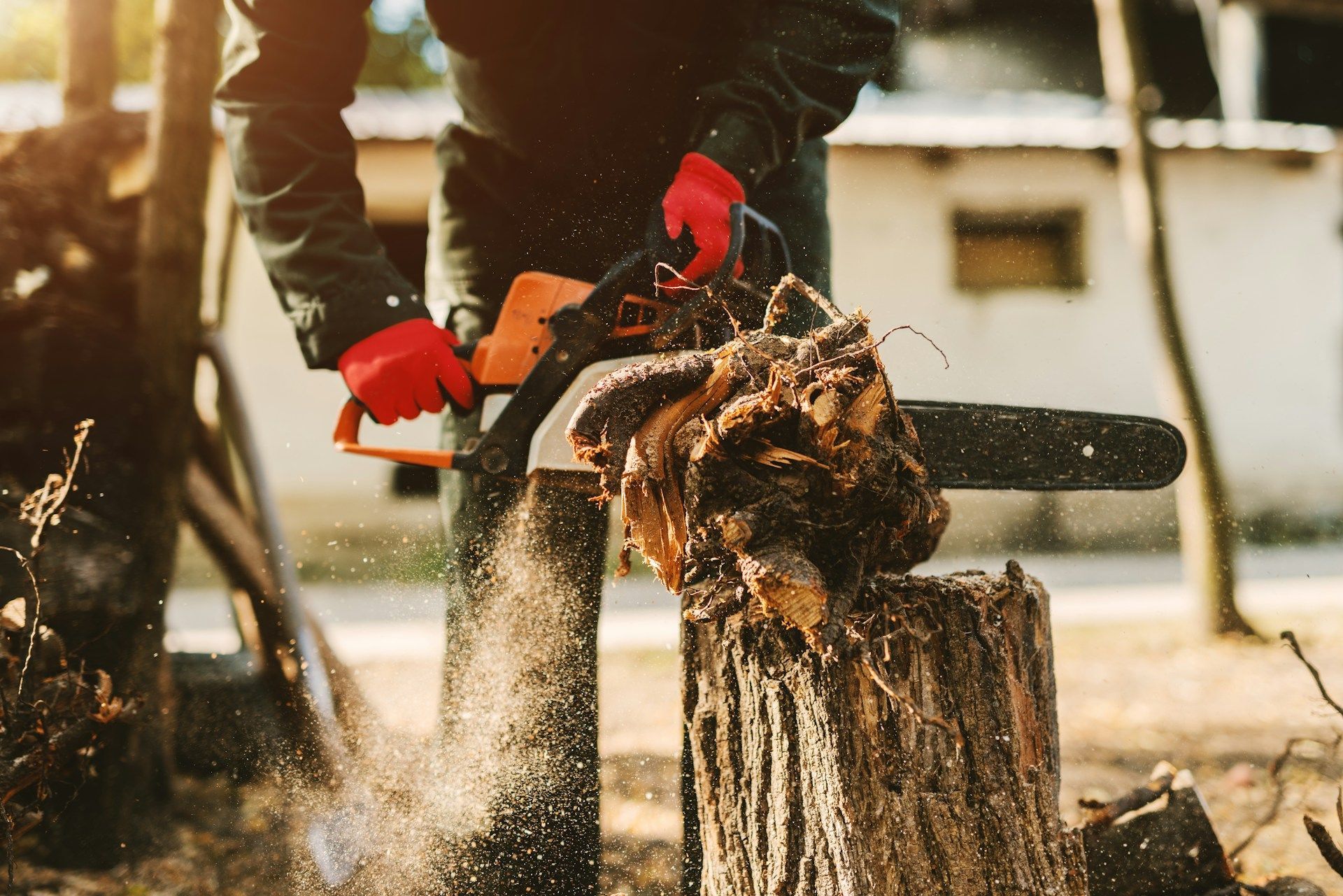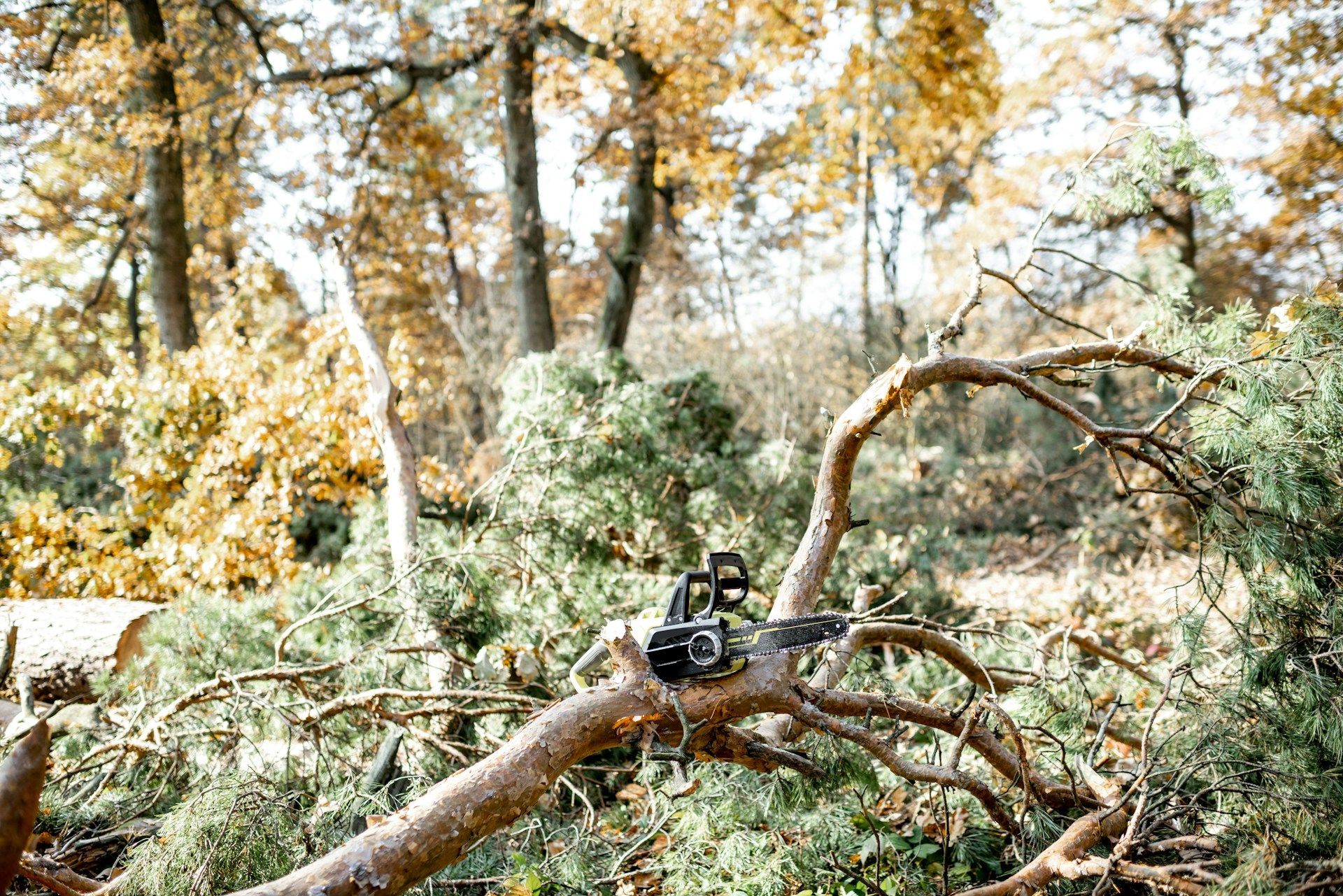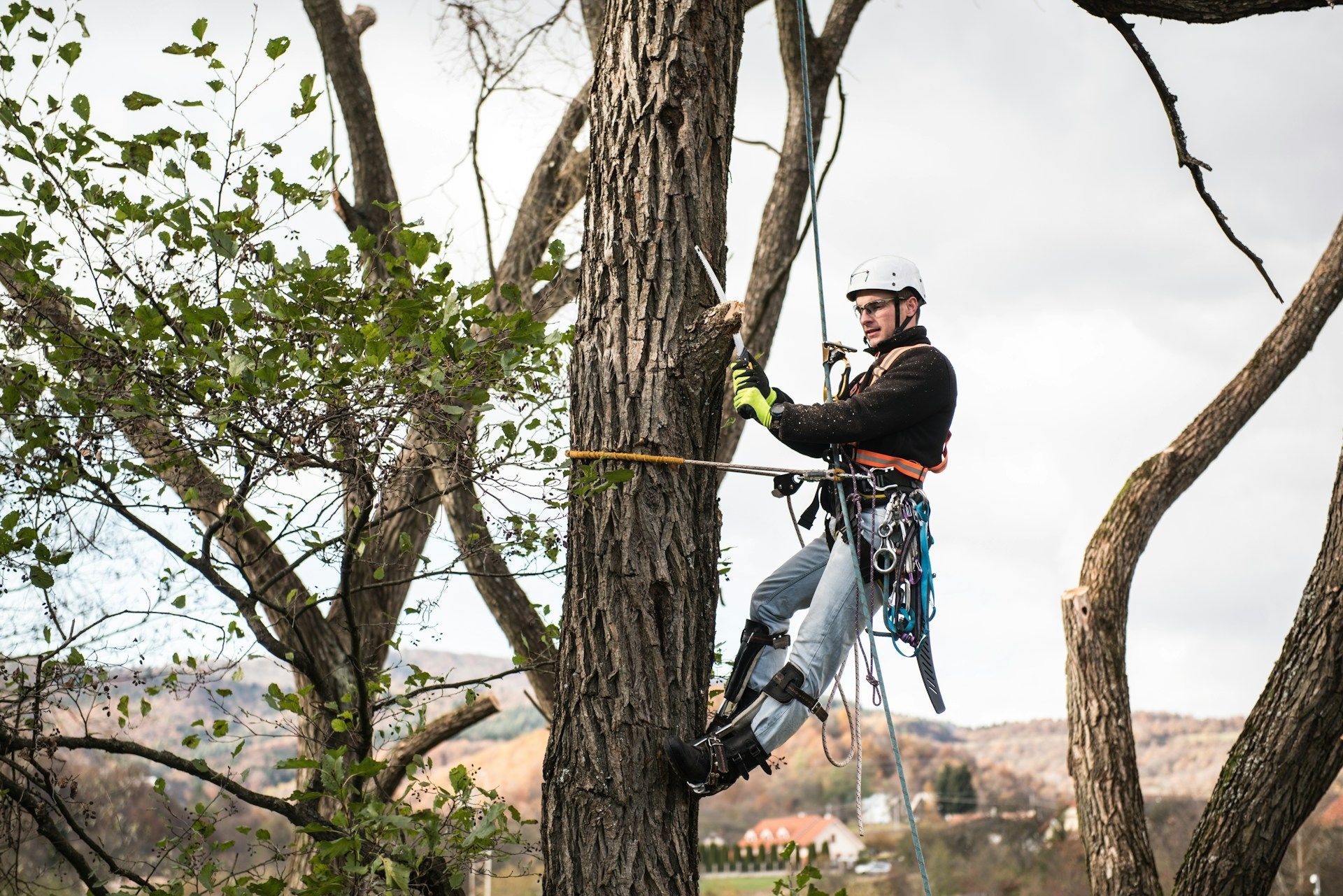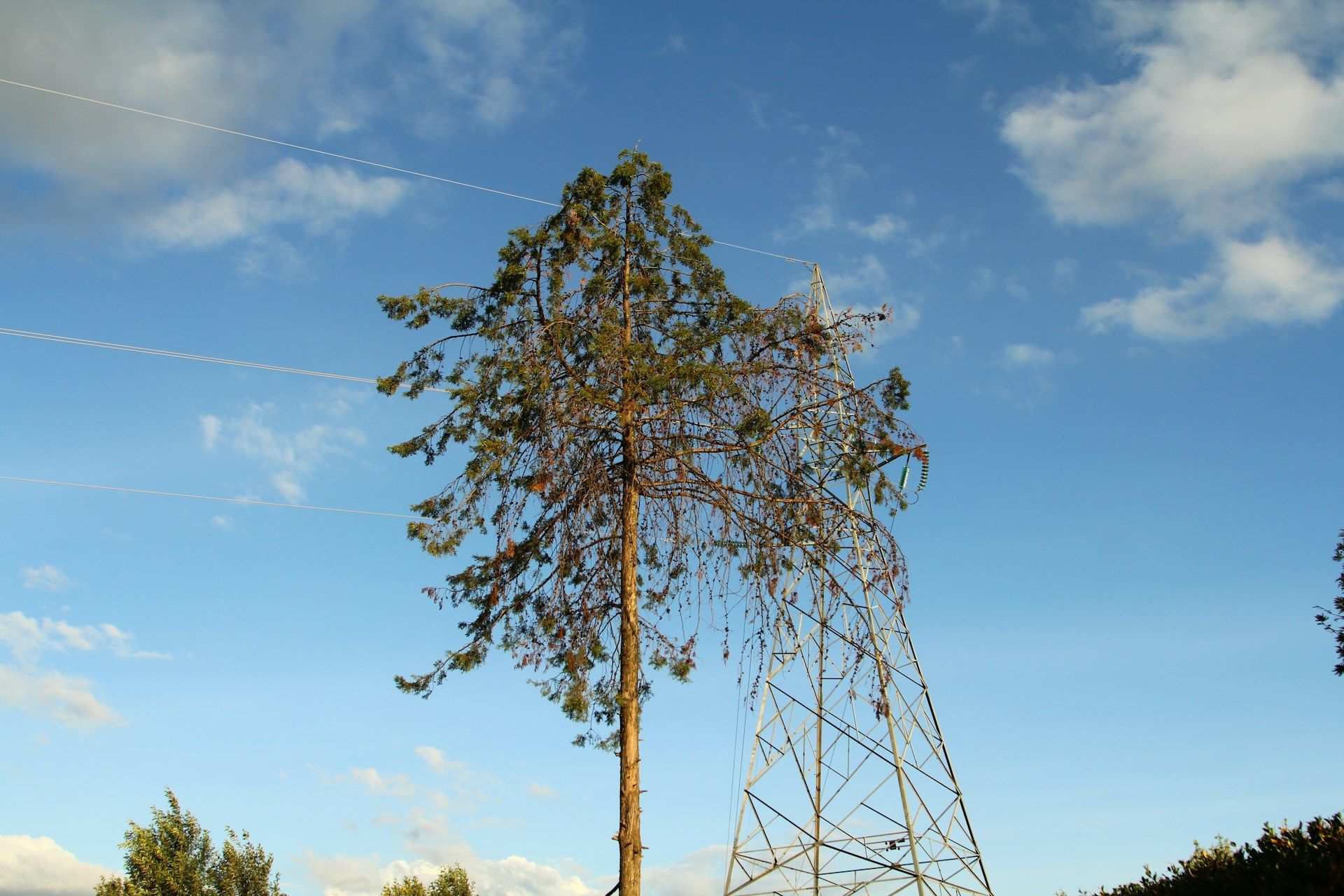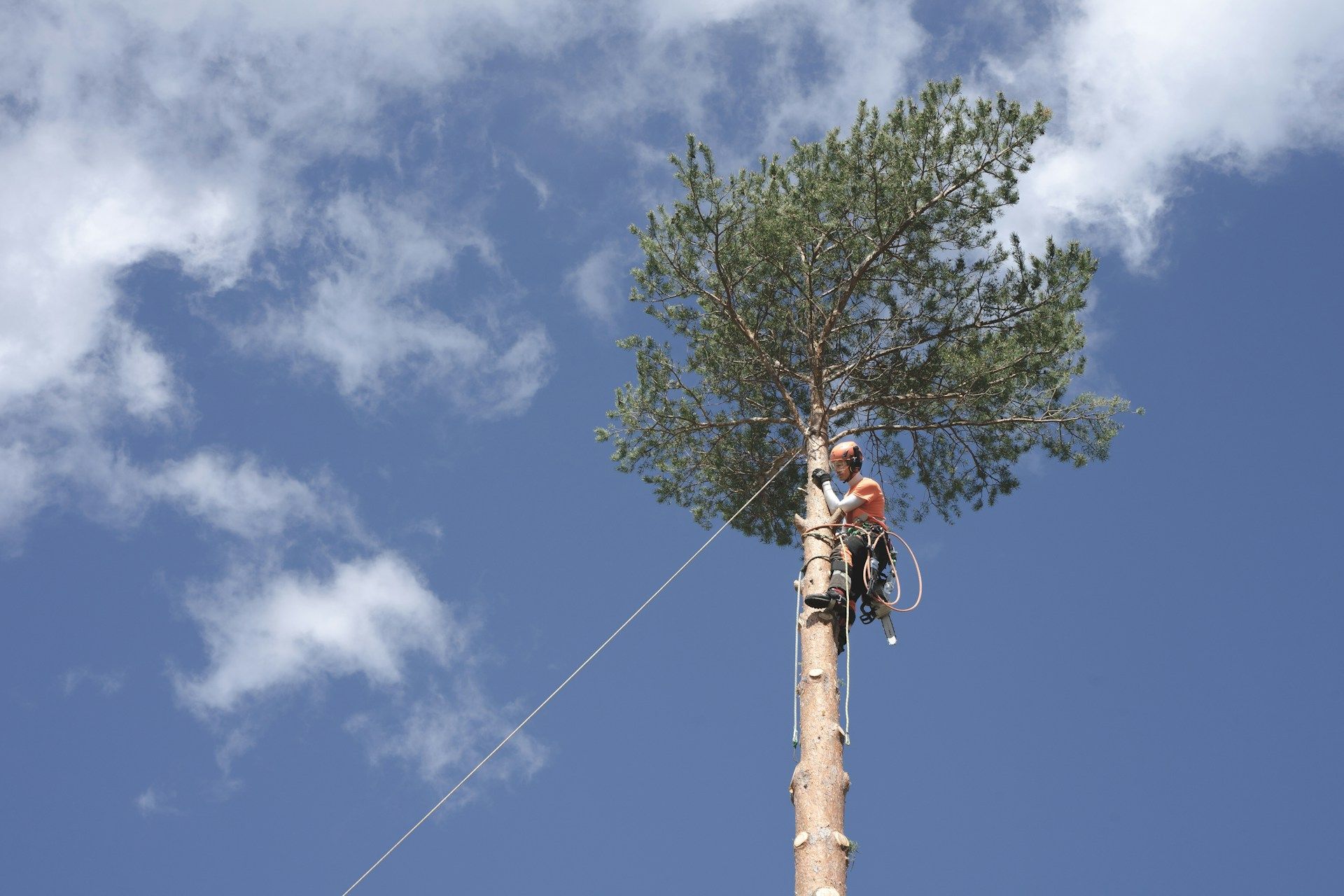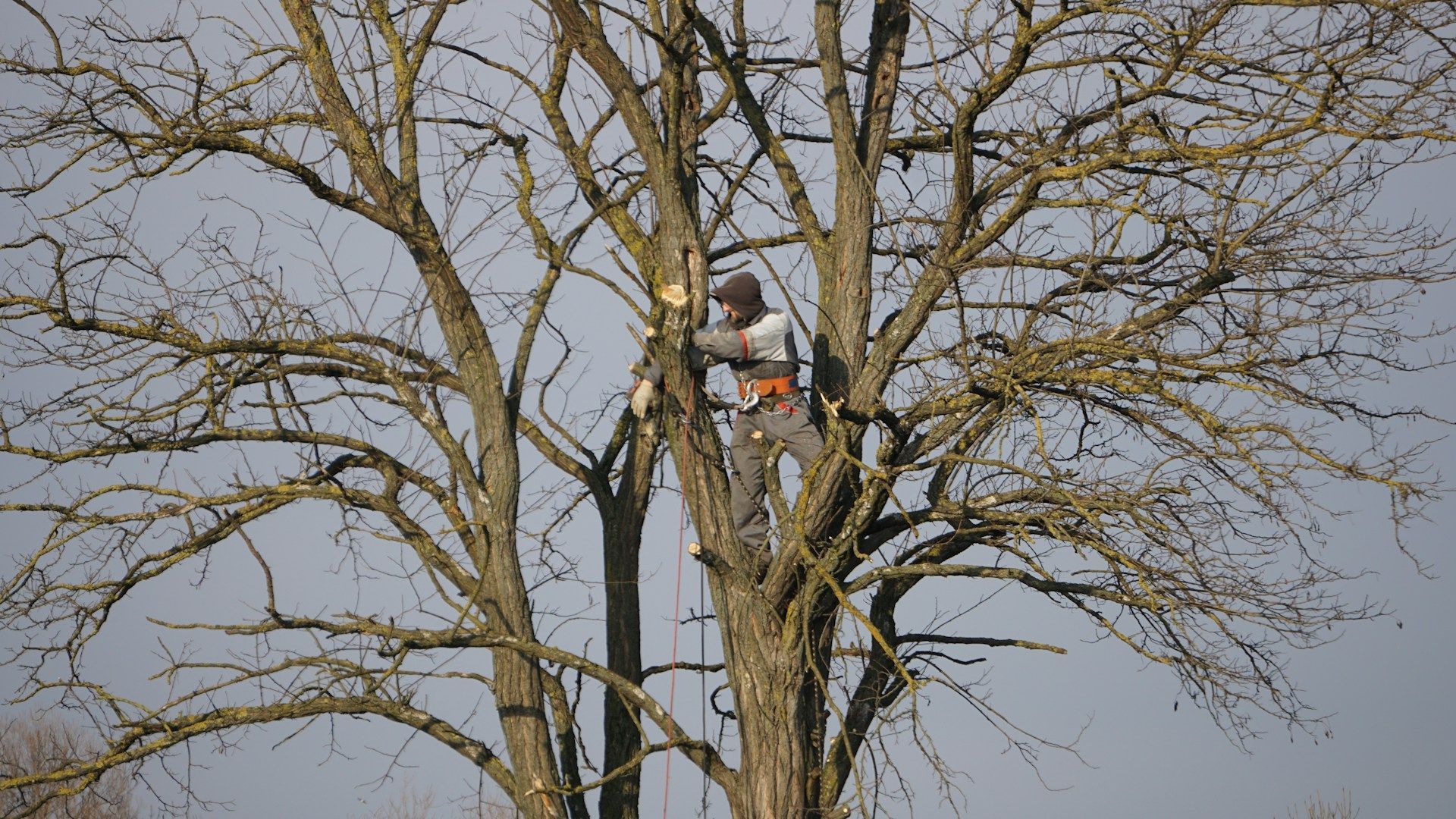How Tree Limb Removal in San Antonio Prevents Roof Damage
A big tree limb might seem harmless hanging over your roof, especially when it’s giving shade on a warm day. But once the wind kicks up or late fall storms roll through San Antonio, that charm can turn into real damage. Branches scraping across shingles, snapping during high winds, or trapping moisture against the roof can all lead to serious problems. That’s why tree limb removal in San Antonio is one of the smartest things homeowners can do to keep their property safe this time of year.
Waiting until after a limb falls is never the better option. With a little foresight and the right care, we can clear out hazards before they become repairs. Taking action now also opens up the yard, improving airflow and making it easier to plan ahead for next season’s cleanup or planting.
Why Overhanging Limbs Become a Big Problem
A limb does not have to fall to cause roof damage. Sometimes, the wear builds slowly. Over time, that contact between limb and structure can wear through protective surfaces, especially during rain or wind.
• Windy conditions make overhanging limbs sway and drag across shingles, which weakens them
• Heavy limbs hanging low can break after heavy rains or storms, landing hard on rooftops
• When leaves pile up against a roof or gutters, water builds up, leading to rot, mold, and trapped moisture
Once mold sets in or a weakened limb tears away a chunk of roofing, the fix gets much more complicated. That’s why removing limbs in the fall gives us a chance to prevent those kinds of hidden risks before winter sets in.
How Limb Removal Protects Your Roof
Clearing overhanging limbs is not just about making space. It has long-term benefits for the roof, yard, and the tree itself. When we remove trouble branches, it gives the whole area room to breathe and bounce back.
• Sunlight can now hit parts of the roof that used to stay shaded and damp
• Weak or decaying limbs get taken off before they have the chance to fail
• The space underneath opens up for thinning, mulching, and ongoing maintenance
All of these steps help both the tree and the house. A trimmed tree stays healthier longer, and the roof stays dryer and safer across more seasons. That is the kind of balance that pays off in the long run.
Over time, homeowners may not realize how much debris can pile up beneath these limbs, making routine yard care a challenge. Thinning out branches also makes it easier for light and air to circulate, which naturally discourages mold growth on your roof and in your yard. When you keep limbs from getting too heavy or overlapping your roof, not only are you looking out for the tree’s health, but you’re also cutting down on maintenance headaches and future repair needs.
When Is the Right Time to Remove Tree Limbs?
Late October is a good window for trimming, especially in South Texas. Cooler air helps reduce stress on the trees, and storms haven’t picked up in full force yet. That makes it easier to plan safe cuts and clean up afterward.
Here are a few signs we look for before trimming back limbs:
• Cracked or splitting branches, especially near the connection to the trunk
• Limbs that never fully leafed out during the growing season
• Deadwood over rooftops, fences, or driveways
Once it's time to cut, we start prepping the area below. That means clearing small items out of the way, setting up safe hauling routes, and checking whether lot clearing is needed to reach crowded spots. Getting everything ready before makes the work smoother, faster, and safer all around.
Some trees have limbs that are especially prone to becoming weak after a dry summer, which means that by late fall, those weak points are even more in danger of snapping. Checking for areas where bark is cracked or where two branches rub together can reveal problem spots that aren't obvious at a glance. If you see sawdust piles or soft spots along a limb, it could be a sign of hidden decay that needs attention. Keeping an eye out for these problems means you catch trouble early, avoiding more damage down the line.
Teague’s Tree Service provides tree limb removal using industry-standard safety equipment and practices. Our crew is fully licensed and insured, giving added protection to your property during every service call.
Why Safe Limb Removal Requires a Pro
Removing heavy limbs near a rooftop is not just a task for anyone with a saw. It takes planning, safe gear, and a clear method for what happens after the cut. A limb brought down the wrong way can damage gutters, crack siding, or harm nearby trees.
Here’s how we handle it:
• We use proper climbing gear or aerial equipment to reach high cuts safely
• We take weight off the branch in sections so it does not drop hard or roll off unpredictably
• We make every cut with care, staying clear of rooflines or nearby walls
A licensed tree service brings years of know-how into that process. We look at the shape of the tree, the angle of the limbs, and decide whether thinning, trimming, or full cutting gives the best result. A reputable tree service does not guess or rush, and we never take off more of the tree than needed to make your space healthy and safe.
A careful approach not only protects your home and your yard but helps preserve the health of the tree itself. By looking at the big picture, we’re able to balance the safety of your property with the growth needs of your trees. Proper limb removal involves not just cutting and dropping branches but also assessing where thinning is needed to promote stable growth and better airflow around the tree. If mulching is needed at the base after a big removal, you'll know the roots have what they need to recover.
We also provide full post-removal cleanup, including thorough debris hauling and safe disposal services for residential and commercial properties throughout San Antonio, Texas. Our lot clearing process ensures no hidden piles of wood or trimmings hang around to attract pests or block sunlight from your yard. After any job, we leave your property in better shape with safer, more open space around your roof, trees, and garden beds.
Healthy Yard, Safer Roof: What Comes Next
Once the limbs come down, it is not just the roof that benefits. The whole space underneath gets a boost. More light comes through. There's more room to work on ladder-safe house tasks. And all that heavy material gets hauled so nothing clutters up your yard for weeks.
With cleaner ground space, we often revisit the base of those trees. That is where mulching makes a big impact. Done the right way, it holds moisture where it helps while keeping weeds out. Some yards even open up room for new tree planting where weak growth used to be.
Spotting problems early is easier now, too. Trunks, fences, and foundations are visible without heavy limbs crowding in. Every cleared space is a chance to take better care of what is left behind and ease into spring without more cleanup waiting.
A healthy yard after limb removal often stays open for longer stretches, which means you can enjoy safer outdoor activities or get ahead on fall garden projects. After heavy branches are hauled off, using mulch and fresh planting not only improves soil moisture but also encourages new growth in the right places. It’s also easier to monitor tree health, as signs of disease or damage at the base are much more visible once all the clutter is gone. Step by step, each part of the process builds on the last, leaving your space safer and easier to care for throughout every season.
Noticing trouble spots around your roof or yard? Taking action now by removing overhead limbs before winter storms arrive can prevent costly damage and create a safer, cleaner outdoor space. Our licensed crew at Teague’s Tree Service handles every step with care, from safe cutting to thorough hauling, so your property is left in top shape. For expert
tree limb removal in San Antonio, call today to schedule a check and make your yard safer and more attractive.

